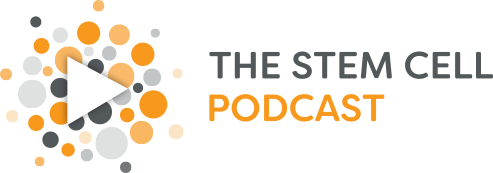
Podcast: Play in new window
Guest:
Dr. Paul Burridge is a Professor in Pharmacology at Northwestern University’s Feinberg School of Medicine. Dr. Burridge’s lab uses human iPSCs and other next-gen technologies in pharmacogenomics, disease modeling, and regenerative medicine. Currently, they are focusing on modeling chemotherapy-induced cardiomyopathy using hiPSC-derived cardiomyocytes, endothelial cells, and fibroblasts to study drug toxicity effects.
Featured Products and Resources:
The Stem Cell Science Round Up
World’s First Three-Organoid System – Scientists have created a functional connected system of liver, pancreas and bile duct organoids, and used the system to study human endoderm organogenesis.
Identifying Cancer-Related Mutations – Investigators have developed a strategy to identify cancer-related point mutations in primed and naive human PSCs.
Senescence in Dopaminergic Neurons – A DNA binding protein has been shown to prevent cellular senescence in dopaminergic neurons, and loss of the protein may contribute to Parkinson’s disease.
Gene Editing for Fanconi Anemia – Researchers have used CRISPR/Cas9-mediated genome editing to correct mutations in HSCs from patients with Fanconi anemia.
Photo Reference: Courtesy of Dr. Paul Burridge

